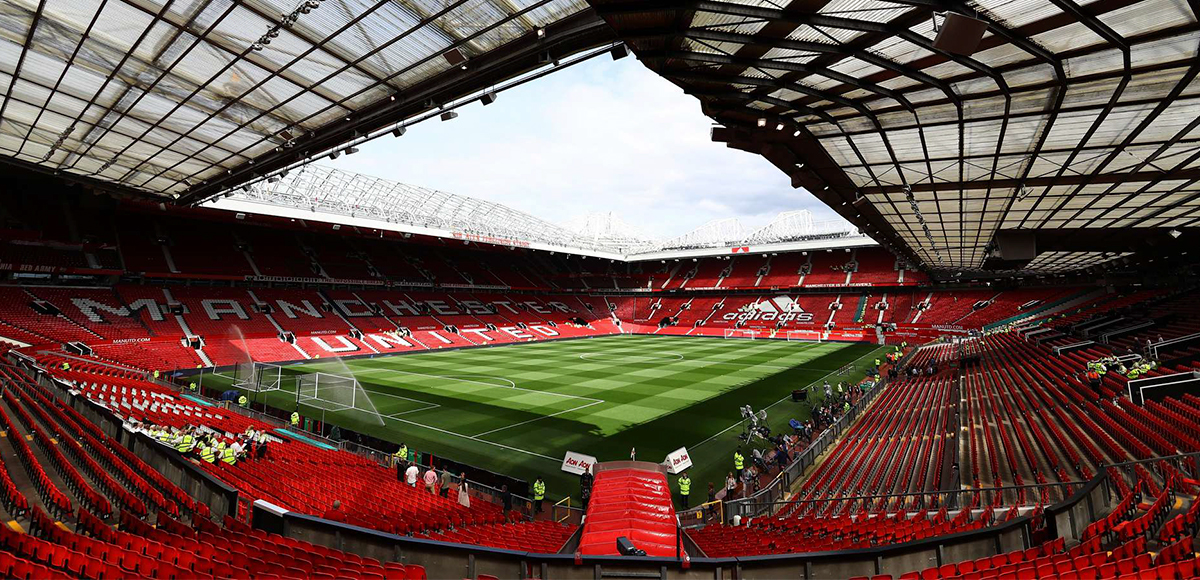In the annals of Manchester United’s illustrious history, few names evoke such reverence and wistful contemplation as that of Duncan Edwards. A prodigious talent whose potential was tragically unfulfilled, Edwards left an indelible mark on English football despite his brief career.
Sir Bobby Charlton, himself a titan of the game, famously remarked that Edwards was the only player who ever made him feel “inferior” on a football pitch. This testament, coming from a World Cup winner and European Cup champion who shared the pitch with legends like Pele, Bobby Moore, and Eusebio, speaks volumes about Edwards’ extraordinary abilities.
Born in Dudley on 1 October 1936, Edwards’ footballing journey began at a tender age. By 14, he was already captaining England’s youth team, catching the eye of Manchester United scout Jack O’Brien. In June 1952, just months before his 16th birthday, Edwards joined United as an amateur, turning down overtures from local giants Wolves and Aston Villa.
Edwards’ ascent was meteoric. On 4 April 1953, aged just 16 years and 185 days, he made his first-team debut against Cardiff City, becoming the youngest player in the English top flight at that time. Despite United’s 4-1 loss, the Manchester Guardian praised Edwards’ “fine ability of passing and shooting”, foreshadowing the all-round excellence that would come to define his game.
Playing as a half-back, a position akin to the modern midfielder, Edwards quickly became the linchpin of Matt Busby’s youthful revolution at Old Trafford. His physical prowess, technical skill, and tactical acumen belied his years, earning him a regular spot in the first team by the 1955/56 season.
Edwards’ rise coincided with United’s resurgence as a footballing powerhouse. He played a pivotal role in the club’s back-to-back league title victories in 1956 and 1957, showcasing his versatility and dominance on the pitch. His performances were instrumental in United’s European Cup campaign of 1957, where they reached the semi-finals, narrowly losing to the mighty Real Madrid.
On the international stage, Edwards was equally impressive. He made his England debut in 1955, aged 18 years and 183 days, becoming the youngest post-war player for the national team until Michael Owen broke the record in 1998. Over the next three years, he earned 18 caps for England, scoring five goals and establishing himself as a cornerstone of the national side.
Off the pitch, Edwards led a modest life, befitting the era of maximum wage rules in English football. He lived in lodgings on Gorse Avenue in Stretford, not far from Old Trafford, earning £15 per week at the peak of his career. He was engaged to Molly Leech, who remained by his side until his untimely passing.
The Munich air disaster of 6 February 1958 cruelly cut short Edwards’ promising career. Despite his renowned physical strength, Edwards succumbed to his injuries on 21 February, 15 days after the crash, at the age of 21. His last words to United assistant Jimmy Murphy, “What time is the kick off against Wolves, Jimmy? I mustn’t miss that match,” epitomised his unwavering commitment to the game.
Edwards’ legacy extends far beyond his tragically brief career. The Duncan Edwards Leisure Centre in Dudley and Duncan Edwards Close near Dudley Cemetery stand as tributes to his memory. A stained glass window at St Francis’ Church in Dudley, unveiled by Matt Busby in 1961, and a statue in Dudley town centre, dedicated in 1999 and rededicated in 2015, serve as poignant reminders of his enduring impact.
Sir Matt Busby perhaps summed up Edwards’ talent best: “We used to look at players in training to see if we might have to get them to concentrate more on something. We looked at Duncan, and gave up trying to spot flaws in his game.”
As we approach the 67th anniversary of the Munich air disaster, Duncan Edwards’ story continues to captivate and inspire. His brief but brilliant career serves as a testament to the enduring spirit of Manchester United and the beautiful game itself.


